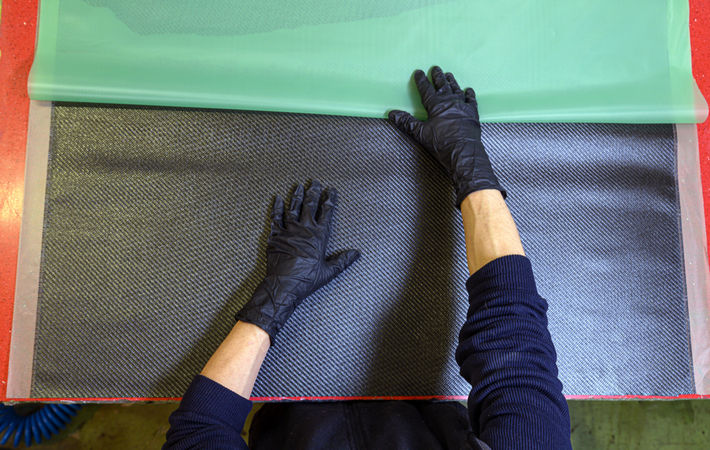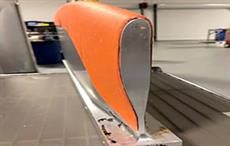National Composites Centre is participating in a joint programme between the UK and Australia to accelerate advanced materials integration. For the programme to accelerate the integration of advanced materials into military platforms, nine teams with members from both nations have received Phase 2 funding worth £1.48 million from the two governments.
Defence research and development ties between the UK and Australia are already strong. These have been strengthened further due to this programme. The nine teams will develop innovative proposals covering integration of composites, adhesives for structural joining, joining high temperature structures and improving armour systems.National Composites Centre is participating in a joint programme between the UK and Australia to accelerate advanced materials integration. For the programme to accelerate the integration of advanced materials into military platforms, nine teams with members from both nations have received Phase 2 funding worth £1.48 million from the two governments.#
The joint effort gives both nations access to international research using a total pooled fund of around £2.52 million from the two phases of the competition so far. Across the themes, individual proposals were also chosen to support mutual reliance with one nation taking the lead. The new projects start in the financial year 2020/21 and run for up to two years.
In the UK successful consortia are Foresight Innovations Limited, Hephaestus Consulting, Nottingham Trent University and Matrix Composites; TWI Limited; University of Surrey, QinetiQ and the National Composites Centre (one of seven centres that make up the UK’s High Value Manufacturing Catapult); and Zentraxa Limited and QinetiQ Australia.
Successful Australian teams are Western Sydney University, Imperial College London, Metrologi, UNSW and AirBus Australia Pacific; Qinetiq Australia and RMIT; University of New South Wales, Imperial College London, Advanced Composite Structures Australia; University of Adelaide, Research Institute of Saint-Louis (ISL – France) and Materials Science Institute; and RMIT University.
This programme is jointly funded by the Australian Next Generation Technologies Fund run by DST Group, and the Ministry of Defence Materials for Strategic Advantage programme in the UK. Both nations used a common assessment framework managed by the UK’s Defence and Security Accelerator (DASA). Assessment and Moderation of the competition was carried out collaboratively by Dstl (Defence Science and Technology Laboratory) in the UK and DST Group in Australia.
The UK’s minister for defence procurement, Jeremy Quin, said: “The UK and Australia have an enduring defence relationship. As we take on a range of new challenges, I am delighted we will be working together to ensure our personnel are armed with the most advanced technologies.”
“These joint challenge projects represent both countries’ innovative visions for the future, whilst supporting our academic and industry partners,” Quin added.
Australian minister for defence industry, Melissa Price, said the joint research proposals demonstrated the close practical cooperation between defence industry and universities across Australia and the UK. “These joint challenge projects have not only strengthened our bilateral defence relationship but provide support to each country’s respective defence industries to overcome capability challenges we face.”
“Academic and industry partners are vitally important to both defence forces. Through the Next Generation Technologies Fund the Australian Government is committed to providing the best capability possible to the men and women who serve our nation,” Price said.
Fibre2Fashion News Desk (SV)


